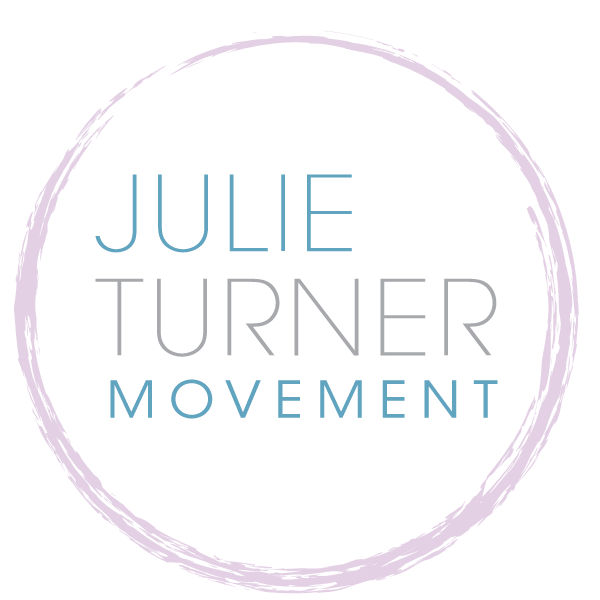Pilates for stress and anxiety relief
The past few years have been pretty rough on most of us. From an economic downturn and continuous social and political issues to the global COVID-19 pandemic...it’s been stressful, to say the least.
But the type of stress we’ve experienced has been different too. Typically, stressors in our lives related to our jobs, family, school, etc. come and go. They also vary in intensity. But, over the last few years, our typical stressors have been amplified by an underlying, persistent “everyday” stress that’s created harmful effects on our brains, physical health, energy levels, and overall well-being.
One of the best ways to alleviate the negative effects of stress, and its associated anxiety, is to get your body moving with healthy exercise. But, it’s important to note, not all exercise is created equal when it comes to relieving stress. In fact, high-impact exercise can further increase your stress levels if your nervous system is already on the edge.
Enter Pilates.
How Pilates Helps Us De-stress
Because Pilates is a low impact form of exercise with a focus on breath and mindful movement, it can help manage our stress and regulate our nervous system. How so, you ask?
Well, the Vagus nerve runs from the base of the brain through the center of the torso, passing through the diaphragm on the way. It has a much greater impact on your body and how you feel than you might imagine one nerve could.
In fact, many doctors and medical professionals are beginning to emphasize what they call Vagus nerve “tone” to help deal with stress, aid digestion, and improve overall well-being.
As far as stress is concerned, the Vagus nerve also plays a prominent role in managing it:
“Another big part of the vagus nerve is to calm the body after a stressful moment, ie take your body out of fight or flight.”
What this means, is it’s responsible for regulating the central nervous system after times of intense pressure and anxiety. It helps us return to a feeling of calm inside our bodies by de-activating the stress response. It also helps us stay energized and focused when it’s stimulated gently.
One of the big influences on Vagus nerve tone is postural alignment. When the nerve has a direct pathway from the base of the brain, through the diaphragm, into the abdomen it creates better harmony in many of your bodily functions from speech and facial expressions to how efficiently your bowels work.
That’s why aligning the Vagus nerve in your body and ensuring it stays functional is so important for helping us all deal with today’s chronically stressful world and it’s where Pilates comes in. The low-impact, mindful movements used in Pilates help align your body and become aware of imbalances you have, which helps you get stronger in a more balanced and healthy way.
When you are overly tired, you can re-energize your body and enhance your ability to focus by stimulating the Vagus nerve with quicker-paced Pilates exercises.
When you are overly simulated or feeling anxious, you can practice Pilates to relax your body and, you guessed it, the Vagus nerve by connecting your breath to your movement and slowing down.
“Pilates exercises focus on strengthening the deep stabilizing muscles and releasing the accumulated tension in other muscles. In time, this will help them to regain their ideal balance and length, which improves movement quality, and alignment of the joints, avoiding wear and tear and the risk of injury.”
Jyoti Sigouin of Jyoti Pilates
Give Pilates a try today by checking out one of my free sample videos (scroll down the home page). If you like it, sign up for my monthly video membership. You may find that soon the stress and anxiety we’re all struggling with these days may be a bit easier to deal with - and you’ll feel better overall too.


